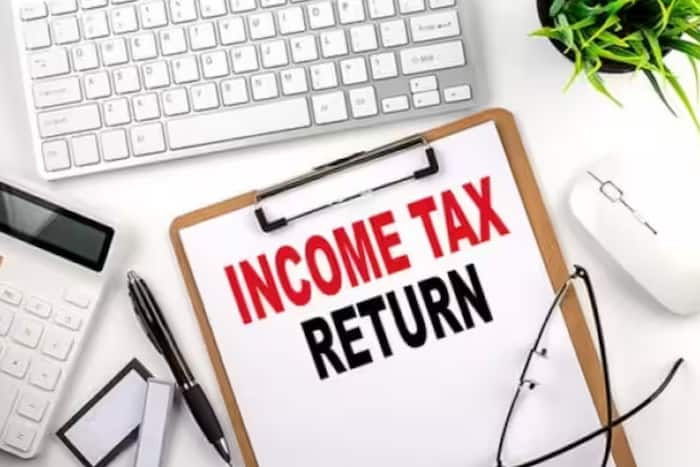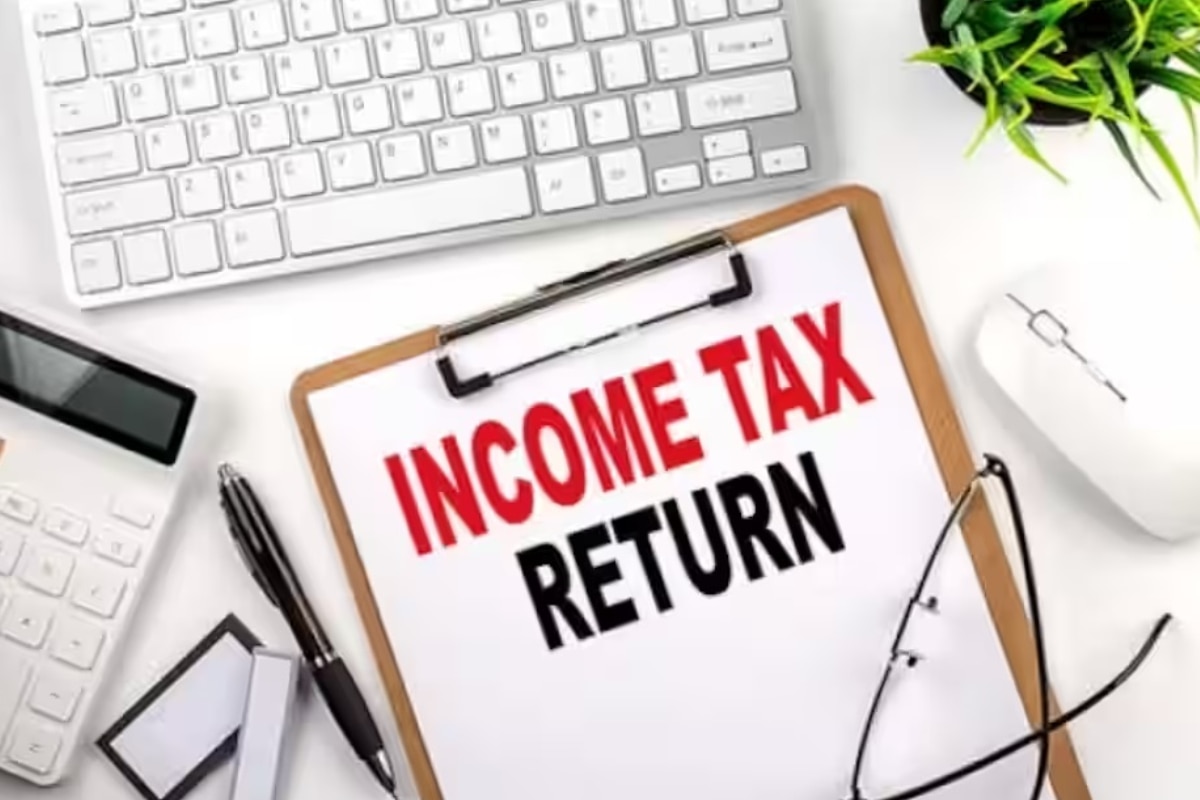The income of a spouse or minor can be clubbed.

Income Tax Return: The deadline to file the Income Tax Return (ITR) for the financial year 2023-24, and assessment year 2024-25 is July 31, 2024. Salaried people can start filing their ITR for the financial year 2023-2024 from June onwards after receiving Form 16.
Who Files Income Tax Return?
Income Tax Return (ITR-1) can be filed by a Resident Individual whose total income doesn’t exceed Rs 50 lakh during the FY. Further, individuals’ income should be from salary, one house property, family pension income, agricultural income (up to Rs 5,000), and other sources, which include interest from savings accounts, family pension, and any other Interest Income. The income of a spouse or minor can be clubbed.
Certain criteria bar individuals from filing Income Tax Return.
Let us break it down here
Who is eligible to file ITR-1 for AY 2024-25?
- ITR-1 can be filed by a Resident Individual whose:
- Total income does not exceed ₹ 50 lakh during the FY
- Income is from salary, one house property, family pension income, agricultural income (up to Rs 5000), and other sources, which include:
- Interest from Savings Accounts
- Interest from Deposits (Bank / Post Office / Cooperative Society)
- Interest from Income Tax Refund
- Interest received on Enhanced Compensation
- Any other Interest Income
- Family Pension
- The income of the Spouse (other than those covered under the Portuguese Civil Code) or Minor is clubbed (only if the source of income is within the specified limits as mentioned above).
Who is not eligible to file ITR-1 for AY 2024-25?
ITR-1 cannot be filed by any individual who:
- is a Resident Not Ordinarily Resident (RNOR), and Non-Resident Indian (NRI)
- has a total income exceeding Rs 50 lakh
- has agricultural income exceeding Rs 5000
- has income from lottery, racehorses, legal gambling etc.
- has taxable capital gains (short-term and long-term)
- has invested in unlisted equity shares
- has income from business or profession
- is a Director in a company
- has tax deduction under section 194N of the Income Tax Act
- has deferred income tax on ESOP received from employer being an eligible start-up
- owns and has income from more than one house property
- is not covered under the eligibility conditions for ITR-1

